Further measures are being considered by DAERA which aim to stop NI farmers from keeping calves that are persistently infected (PI) with BVD.
The Department is drafting proposals which would allow letters to be issued to neighbouring farmers if someone in their local area has not culled a PI animal.
The neighbourhood notification measure is currently used for BVD eradication in the Republic of Ireland, where it has been dubbed “name and shame letters”.
Neighbourhood notification is a matter on which the department intends to consult on
It aims to give farmers a chance to heighten biosecurity to help avoid BVD spreading on to their farm. It is similar to the notification that NI farmers already receive when there has been a bovine TB breakdown locally.
“Neighbourhood notification is a matter on which the department intends to consult on as part of its planned second phase of legislation to eradicate BVD,” a DAERA spokesperson told the Irish Farmers Journal.
Movement restrictions
DAERA is also considering placing movement restrictions on all cattle within a herd if a PI animal is not culled.
This measure is also already in place in the Republic of Ireland, where herd restrictions automatically apply the day after an initial BVD positive or inconclusive test.
“The Department is currently exploring whether herd restrictions can be imposed under existing BVD legislation and the implications of doing so. These issues need to be explored before any decision can be taken by the Department on the matter,” the DAERA spokesperson said.
If the new BVD measures proceed in NI, there is unlikely to be any opposition from industry representatives.
“We would be supportive if they decided to issue neighbourhood notification letters when someone in the area retains a PI calf, as well as putting restrictions on these herds,” said Ulster Farmers’ Union deputy president William Irvine.
“Both approaches would help to prevent PI calves being kept on farm and would be a positive step forward in helping us get rid of this disease once and for all,” he added.
The latest figures from Animal Health and Welfare NI show that there were 259 cattle with a BVD positive test result in 180 NI herds earlier this month.
Of these animals, a total of 86 have been retained for more than five weeks since the positive test result.
There is no market for BVD positive cattle in NI, as PI animals are not accepted at local meat factories and only cattle with a negative BVD status can be sold at a mart, move directly into another herd or be exported.



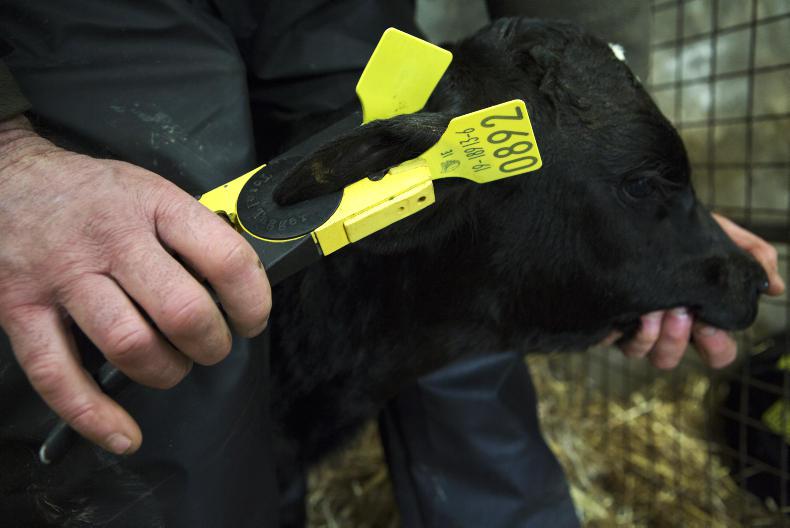
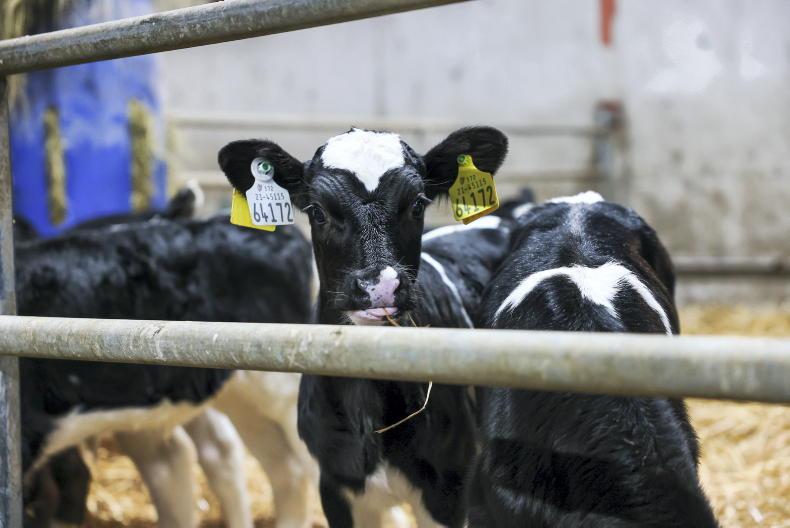

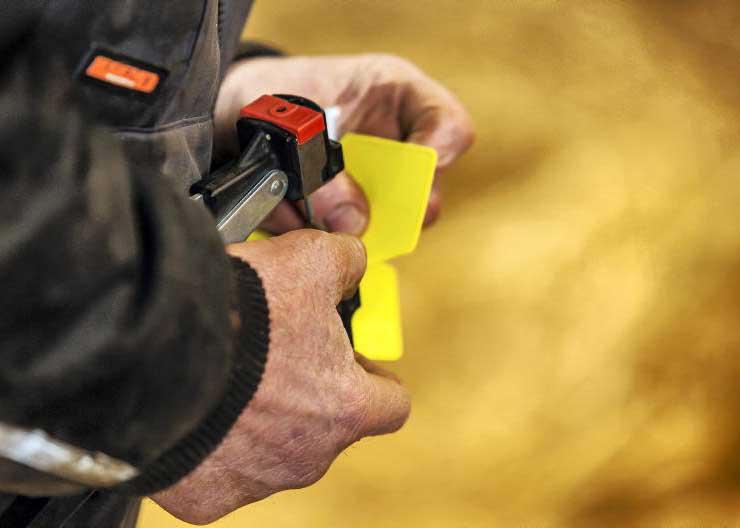
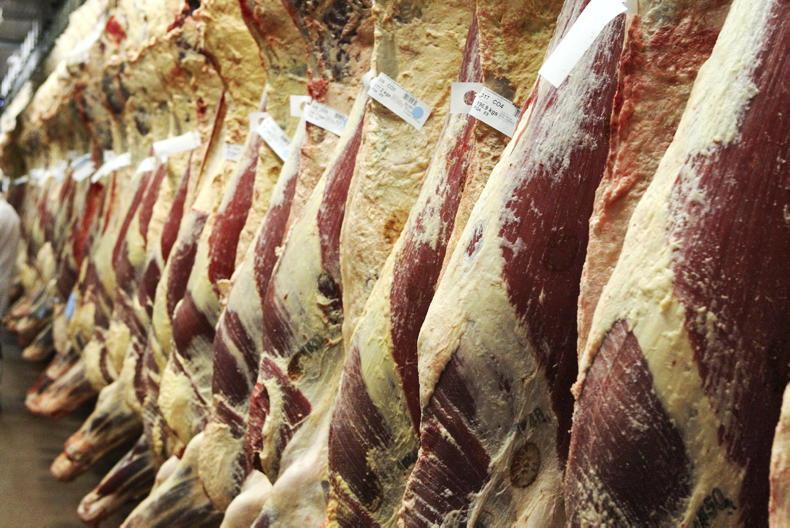
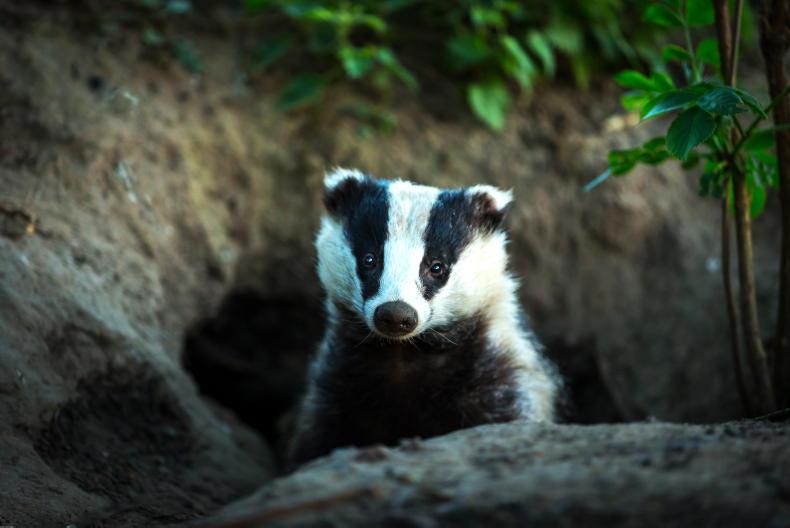
SHARING OPTIONS